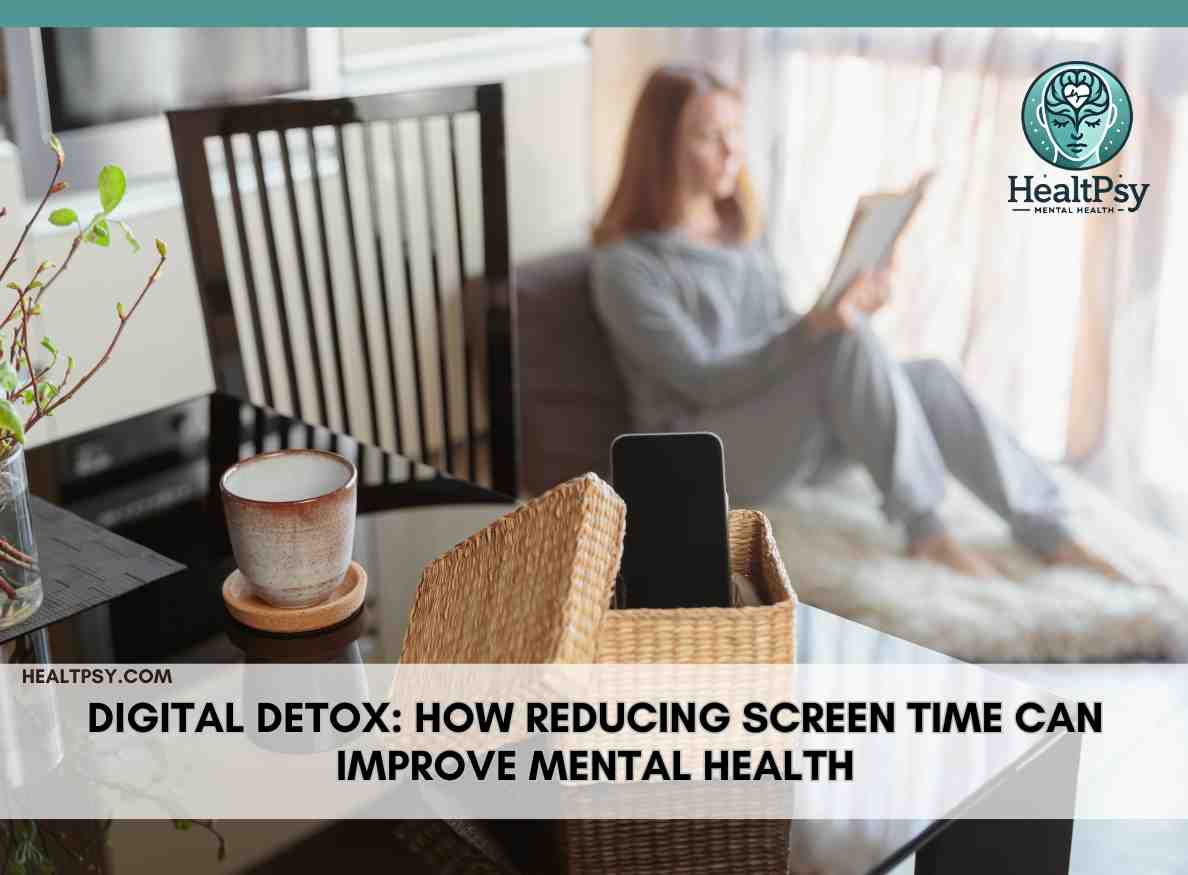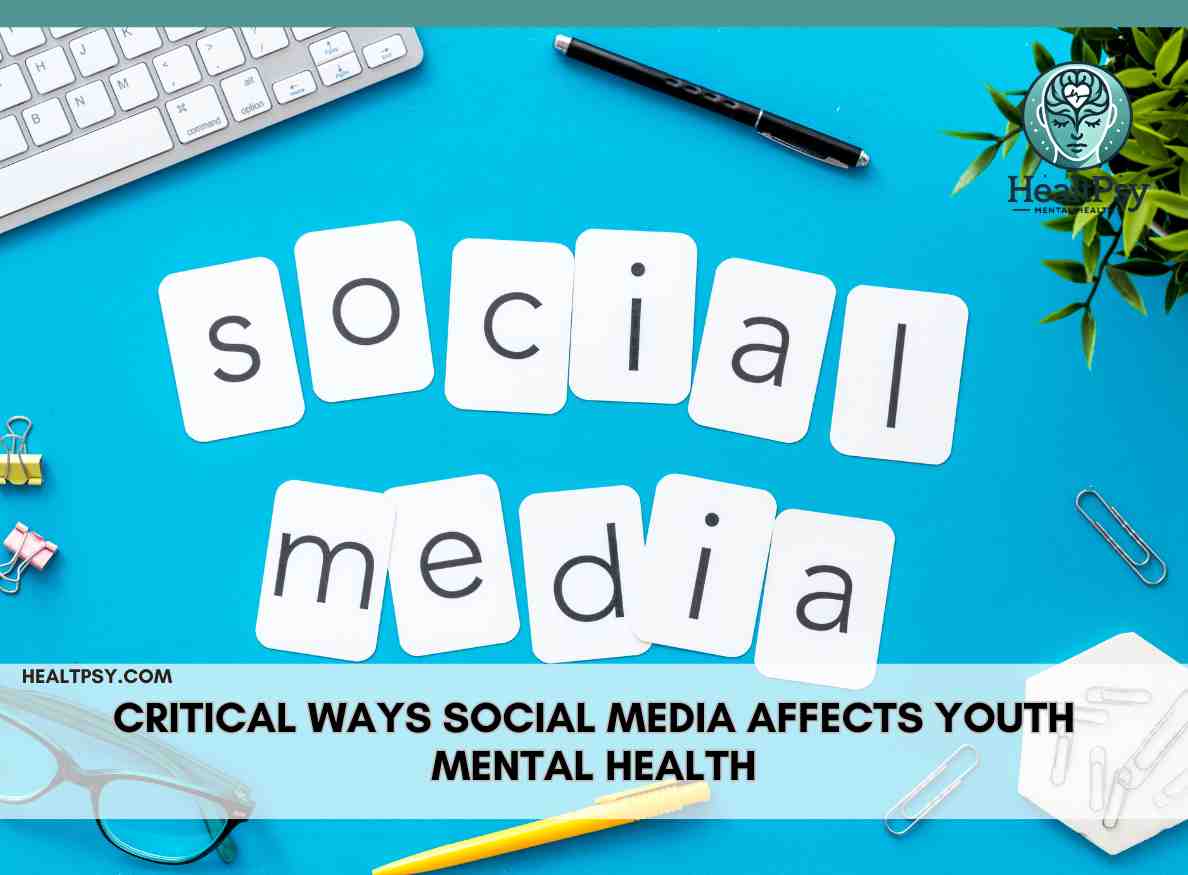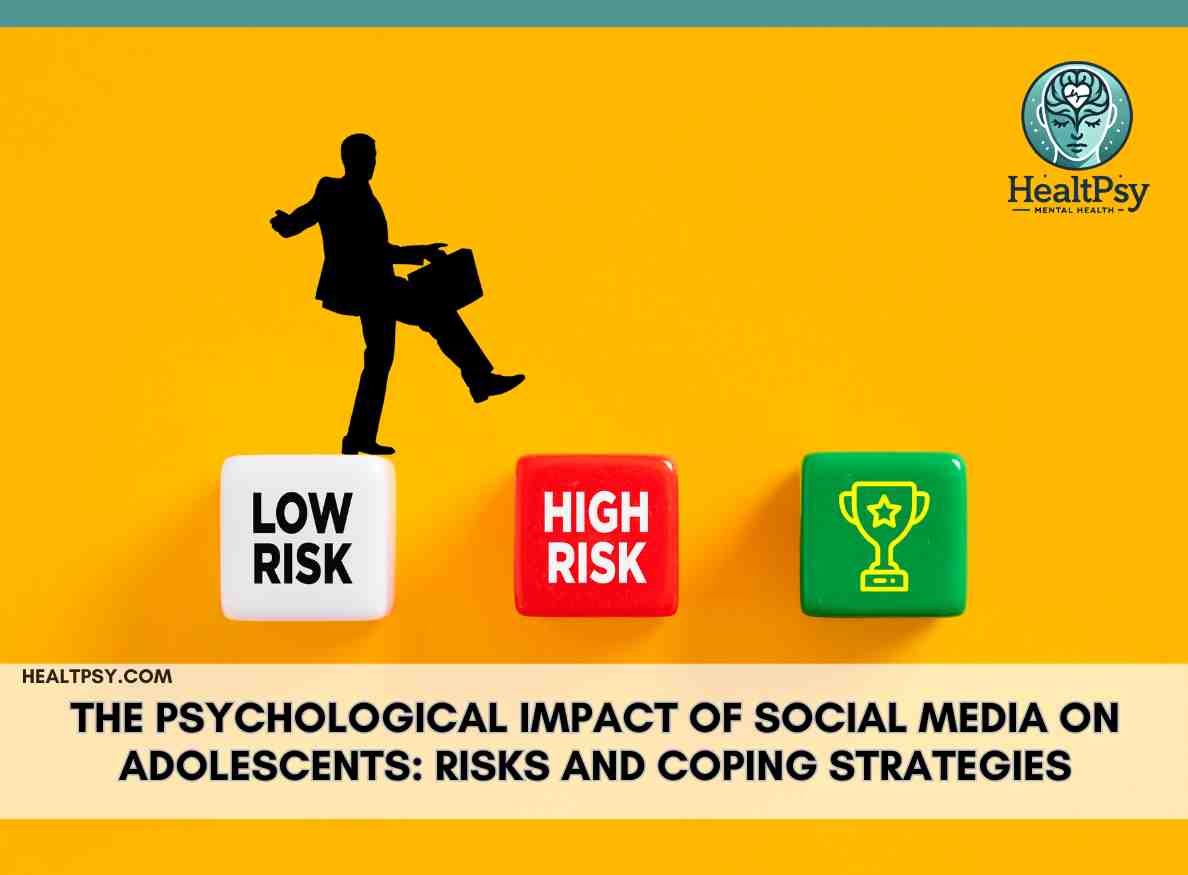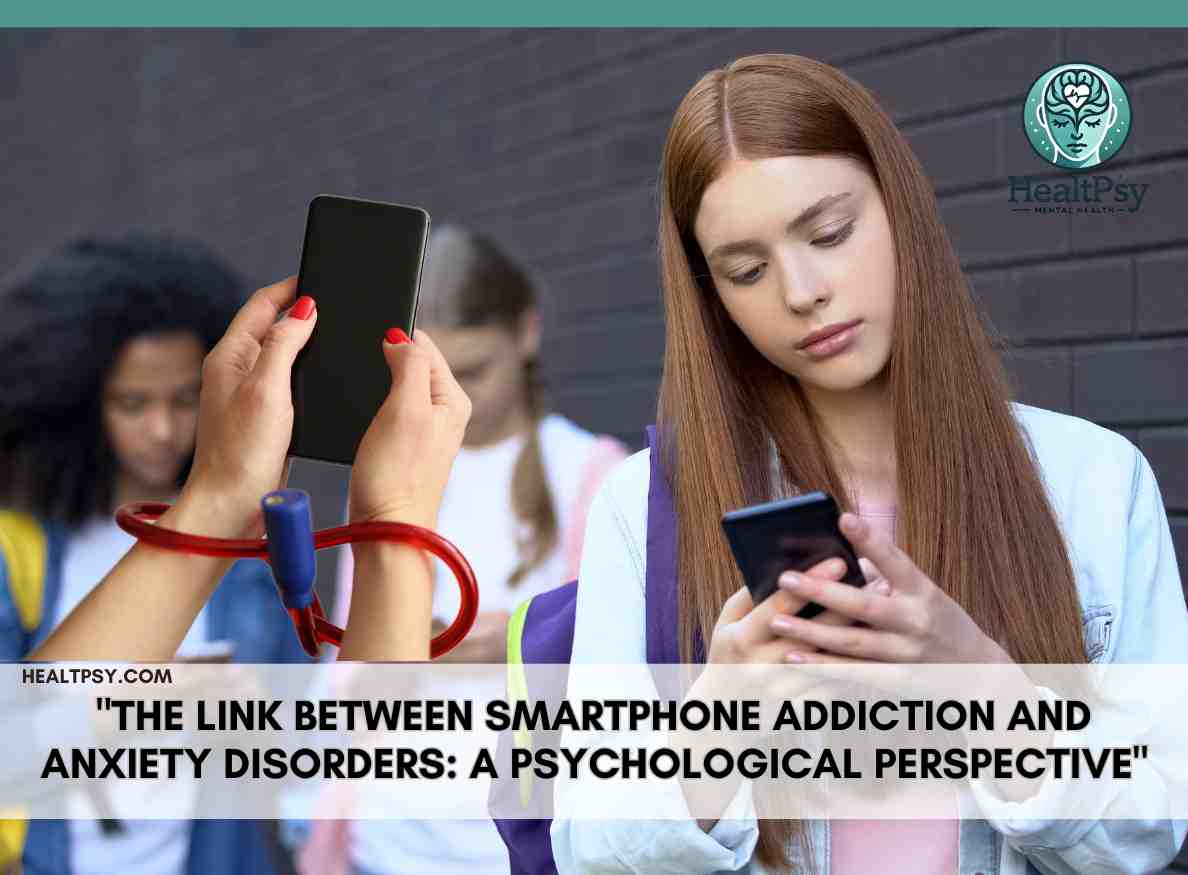7 Powerful Benefits of a Digital Detox for Mental Health
Learn how a digital detox can improve mental health by reducing stress, improving sleep, and enhancing focus. Discover strategies for healthier screen use.
Introduction
In today’s digital age, screens are an integral part of our daily lives. From social media and video streaming to work-related tasks, screen exposure has dramatically increased. While technology provides numerous benefits, excessive screen time has been linked to negative mental health outcomes such as stress, anxiety, depression, and sleep disturbances. A digital detox, or a conscious reduction of screen use, is an effective strategy to restore balance and enhance well-being. This article explores the psychological and physiological benefits of reducing screen time, the risks of excessive digital consumption, and evidence-based strategies for implementing a successful digital detox.
For further insights on digital well-being, visit the American Psychological Association (DoFollow).
The Psychological and Physical Impact of Excessive Screen Time
Prolonged screen exposure can have detrimental effects on both mental and physical health. Studies show that excessive screen time contributes to emotional distress, cognitive overload, and social withdrawal.
1. Increased Anxiety and Depression
Research from the National Institute of Mental Health (NIMH) suggests that prolonged social media and screen engagement correlates with higher rates of anxiety and depression. Key contributing factors include:
- Social comparison: Platforms like Instagram and TikTok encourage unrealistic standards that can impact self-esteem.
- Overstimulation: Constant notifications and content overload create a state of hyper-alertness, increasing stress.
- Reduced real-world interactions: Excessive screen time can replace in-person socialization, leading to loneliness and isolation.
For more information, explore the National Institute of Mental Health (DoFollow).
2. Sleep Disruptions and Circadian Rhythm Imbalance
Excessive screen use, especially before bedtime, disrupts natural sleep cycles. Blue light emitted from screens suppresses melatonin production, which is crucial for quality sleep. Poor sleep is linked to:
- Increased irritability and mood swings.
- Cognitive impairment and difficulty concentrating.
- Elevated risk of chronic stress and mental fatigue.
For sleep-related research, visit the Sleep Foundation (DoFollow).
3. Digital Addiction and Reduced Attention Span
A study published in the Journal of the American Medical Association (JAMA Psychiatry) found that excessive digital consumption contributes to digital addiction and reduced attention span. Digital overstimulation affects:
- Dopamine-driven reward systems, reinforcing compulsive behaviors.
- Impaired cognitive function, making it difficult to focus on long-term tasks.
- Increased stress levels, as the brain constantly processes an influx of information.
For cognitive health research, check out JAMA Psychiatry (DoFollow).
The Benefits of a Digital Detox
Reducing screen time offers numerous psychological and physiological benefits. Implementing a digital detox can:
1. Enhance Mental Clarity and Focus
Reducing screen exposure allows the brain to reset and improves cognitive function. Studies show that limiting screen time enhances problem-solving skills, attention span, and memory retention.
2. Improve Emotional Regulation and Mood
By disconnecting from the digital world, individuals experience reduced stress levels, improved self-awareness, and better emotional balance. Digital detoxing fosters:
- Mindfulness: Increased awareness of thoughts and emotions.
- Reduced social pressure: Less exposure to online validation and comparison.
- Stronger interpersonal relationships: More time for face-to-face interactions.
3. Support Better Sleep Hygiene
A screen-free bedtime routine enhances melatonin production, allowing for deeper and more restorative sleep. Recommendations include:
- Avoid screens at least one hour before bed.
- Engage in relaxation activities, such as reading or meditation.
- Use blue light filters if screen use is necessary in the evening.
How to Successfully Implement a Digital Detox
A successful digital detox does not require a complete technology ban but rather mindful and intentional use of screens. Below are effective strategies:
1. Set Screen Time Limits
Use built-in phone features, such as Apple’s Screen Time or Google’s Digital Wellbeing, to track and regulate usage. Gradually reduce daily screen exposure to avoid withdrawal effects.
2. Prioritize Offline Activities
Engage in activities that provide relaxation and fulfillment, such as:
- Outdoor exercise and nature walks.
- Creative hobbies like painting, writing, or playing an instrument.
- Mindfulness practices such as meditation and yoga.
3. Designate Tech-Free Zones
Create boundaries to encourage healthier habits. Examples include:
- Screen-free bedrooms to improve sleep quality.
- No-phone meals to enhance family or social connections.
- Dedicated work-free evenings to allow mental recovery.
4. Unsubscribe and Declutter Digital Spaces
Minimize unnecessary notifications and social media clutter by:
- Unsubscribing from irrelevant emails and alerts.
- Decluttering apps and digital distractions.
- Setting intentional social media usage goals.
For additional digital well-being tools, visit the Center for Humane Technology (DoFollow).
The Role of Social Media and Tech Companies in Promoting Digital Well-Being
While individuals can take steps to regulate screen time, tech companies must also play a role in fostering digital well-being. Key areas for improvement include:
- Developing built-in screen time awareness tools.
- Implementing digital wellness programs for users.
- Redesigning engagement algorithms to prioritize mindful use over addictive scrolling.
For policy recommendations, explore the World Health Organization (WHO) Digital Health Guidelines (DoFollow).
Conclusion
A digital detox is essential in today’s hyper-connected world to safeguard mental health and improve overall well-being. By reducing screen time, fostering healthier habits, and prioritizing real-world experiences, individuals can regain control over their digital consumption. Tech companies must also take responsibility by promoting user-friendly digital well-being solutions. With a balanced approach to technology use, we can enhance mental clarity, emotional resilience, and quality of life.
For more mental health insights, check out our article on Psychological Support and Therapy.
you might also like





